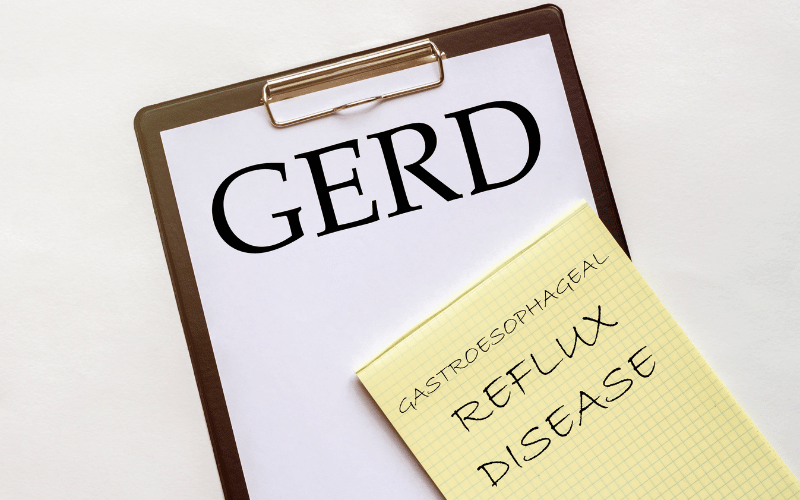Introduction: Setting the Stage for Understanding GERD

If you’re constantly plagued by that unwelcome, burning sensation in your chest, you’re likely one of the millions dealing with Gastroesophageal Reflux Disease, more commonly known as GERD. Perhaps you’ve already tried antacids, lifestyle changes, or even medications, yet the discomfort remains persistent. Wouldn’t it be life-changing to understand the root causes of this nagging condition? That’s precisely what this article aims to achieve. By delving into the top 10 causes of GERD, we hope to give you the tools to tackle this problem at its root.
You might be asking, why focus on the causes? Because treating the symptoms is akin to placing a Band-Aid on a wound that requires stitches; it’s a temporary fix for a chronic problem. Learning about these triggers is not just academic—it’s personal and potentially transformative. With this information at your disposal, you can take decisive action to minimize, or even eliminate, the factors causing your GERD.
Now, you might already be aware of the more commonly discussed triggers like spicy food or excessive caffeine. However, GERD is a complex issue with various triggers, some of which might surprise you. So, this isn’t just another listicle; this is a deep dive into well-researched and often under-discussed triggers that could be ruining your quality of life.
Armed with this information, you can engage in a more meaningful dialogue with your healthcare provider. You’ll go beyond the typical conversation about antacids and PPIs (proton pump inhibitors) and dig deeper into why your GERD is occurring in the first place. This is your roadmap to a more comfortable, GERD-free life.
In this robust, fact-filled article, expect nothing less than a detailed, actionable guide on each significant cause of GERD. Whether you’re a long-time sufferer or someone newly diagnosed, this article is your stepping stone to a life less hindered by acid reflux.
1. Poor Eating Habits: A Culprit in Your Own Kitchen

Poor eating habits are often the first factor to be blamed when GERD symptoms show up. But it’s not just about what foods you’re eating; it’s also how and when. Eating large meals, for example, can cause significant pressure in the stomach, pushing contents backward into the esophagus.
On top of that, eating close to bedtime is a recipe for disaster. Your stomach needs time to digest, and lying down too soon after a meal can invite gastric juices to flow upwards. The type of food you eat also plays a critical role. Spicy foods and fatty meals can irritate the lining of the stomach and the esophagus, worsening symptoms significantly.
Ever notice how some foods just seem to hang around? That’s often because they’re high in fat. These foods delay stomach emptying, keeping gastric juices in contact with the stomach lining for a more extended period. Over time, this can result in irritation and, ultimately, symptoms of GERD.
But it’s not just fatty foods that are the culprits. Acidic foods like tomatoes and citrus fruits can also contribute to the issue. Even seemingly harmless foods like mint can weaken the lower esophageal sphincter, making it easier for stomach acid to creep up.
While no one is saying you should give up all your favorite foods, awareness is critical. You might think a midnight snack is harmless, but when it comes to GERD, the stakes are considerably higher. By understanding these nuances, you gain an upper hand in managing your symptoms more effectively. (1)